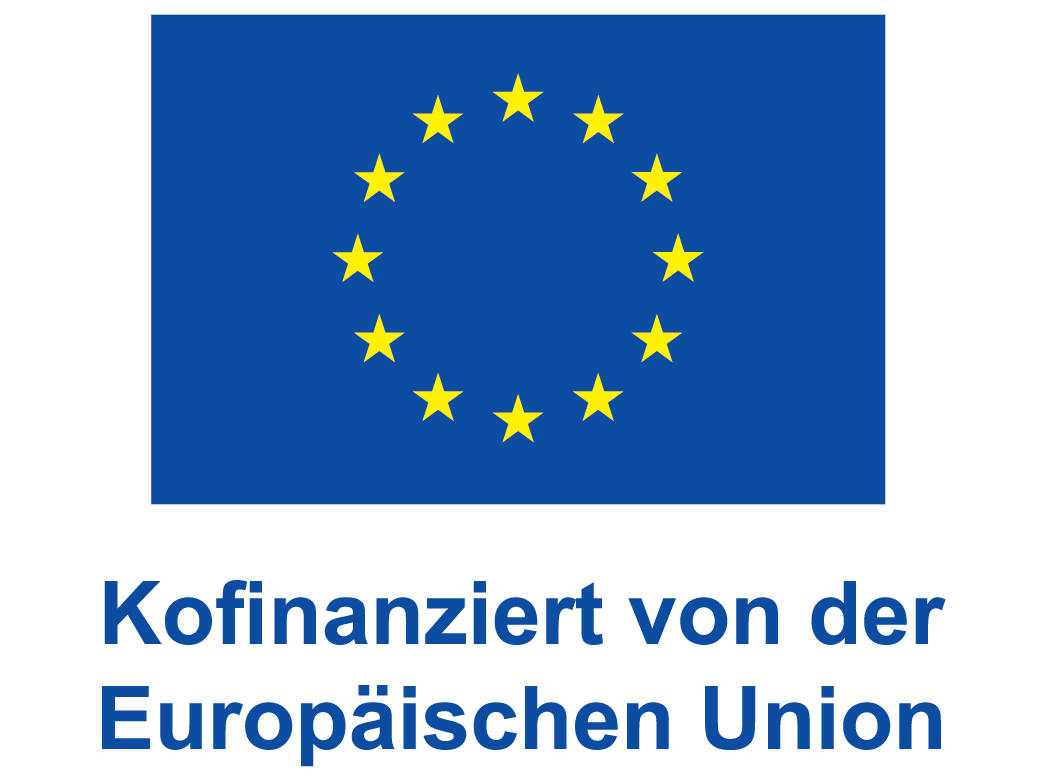Brief description
The aim of the research project is to identify and develop secondary raw material sources for battery cell production. The focus is on end-of-life (EoL) products that are not batteries. Suitable recycling processes will be developed for these EoL products and the recyclates obtained will be resynthesized into NMC active material and reintegrated into test cells. A final performance evaluation and limit analysis will provide information on contamination tolerances.
At present, material cycles are not closed, so a significant mass flow of EoL products either ends up in landfills or is exported abroad as scrap. As a result, valuable raw materials are lost. In addition, the new EU Battery Directive increases the pressure on manufacturers to incorporate certain minimum levels of recycled materials into new batteries, despite the fact that the recycling market does not have sufficient used batteries available and that European recycling capacities are only just being established.
In the sense of a circular research approach, various EoL products containing lithium, nickel, manganese and cobalt will be identified by means of material and material flow analyses and examined for the recyclability and usability of their raw materials for the battery industry. Since glass-ceramics are the second largest lithium-containing product group after lithium-ion batteries and there is currently no regulated material cycle, the focus is on this group.
An environmental and economic assessment is used to examine the extent to which raw material recovery can be considered meaningful from the same perspective. Upstream and downstream steps from collection, disassembly, pre-treatment, recovery and resynthesis are also examined to analyze the environmental and economic viability of a circular business model. The evaluation is carried out in a continuous consideration of the whole system, taking into account possible alternative processing routes. Finally, the results are summarized in a "secondary raw material map" and the transferability to other material flows as well as optimization potentials and regulatory gaps are shown.

